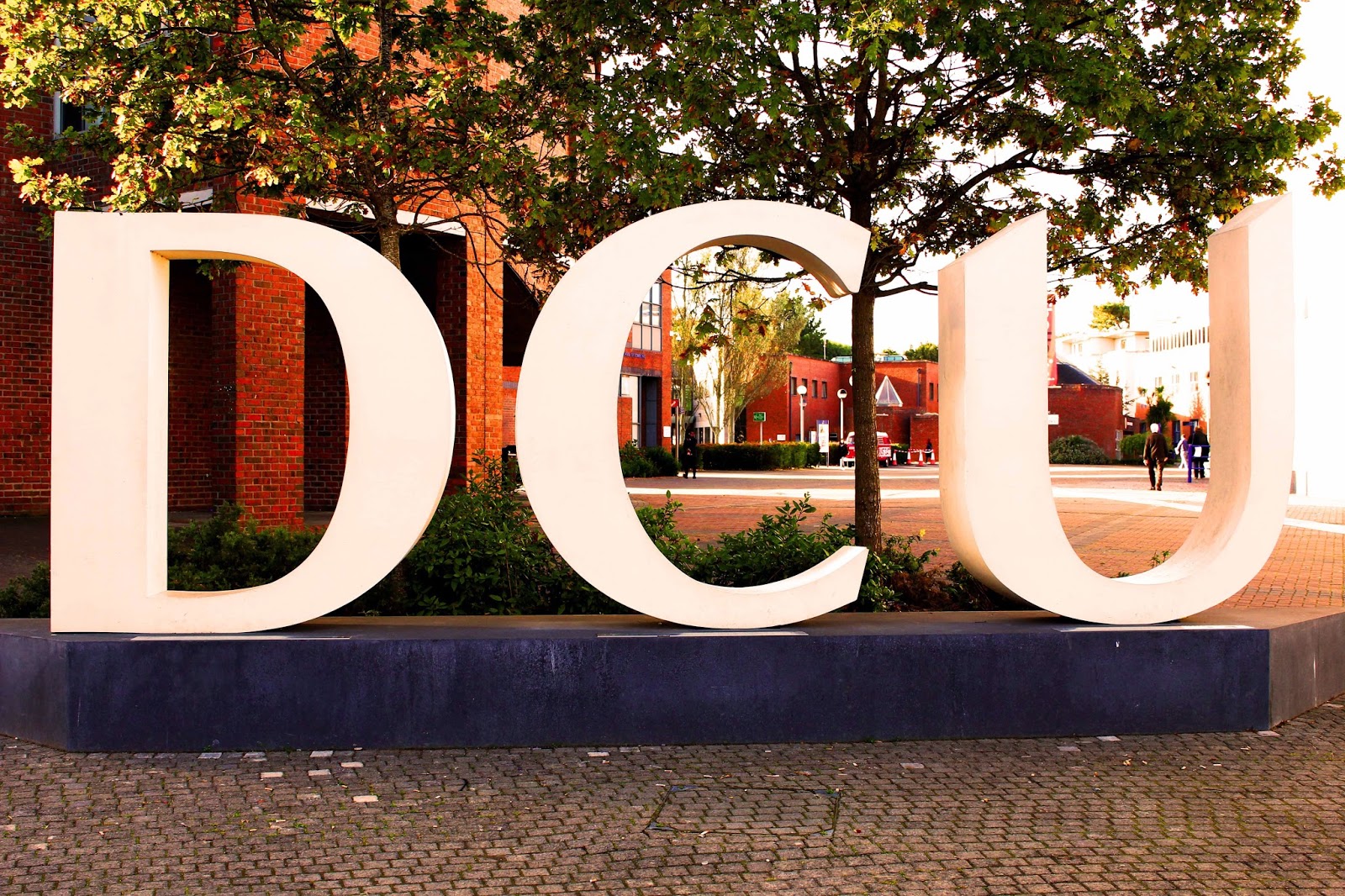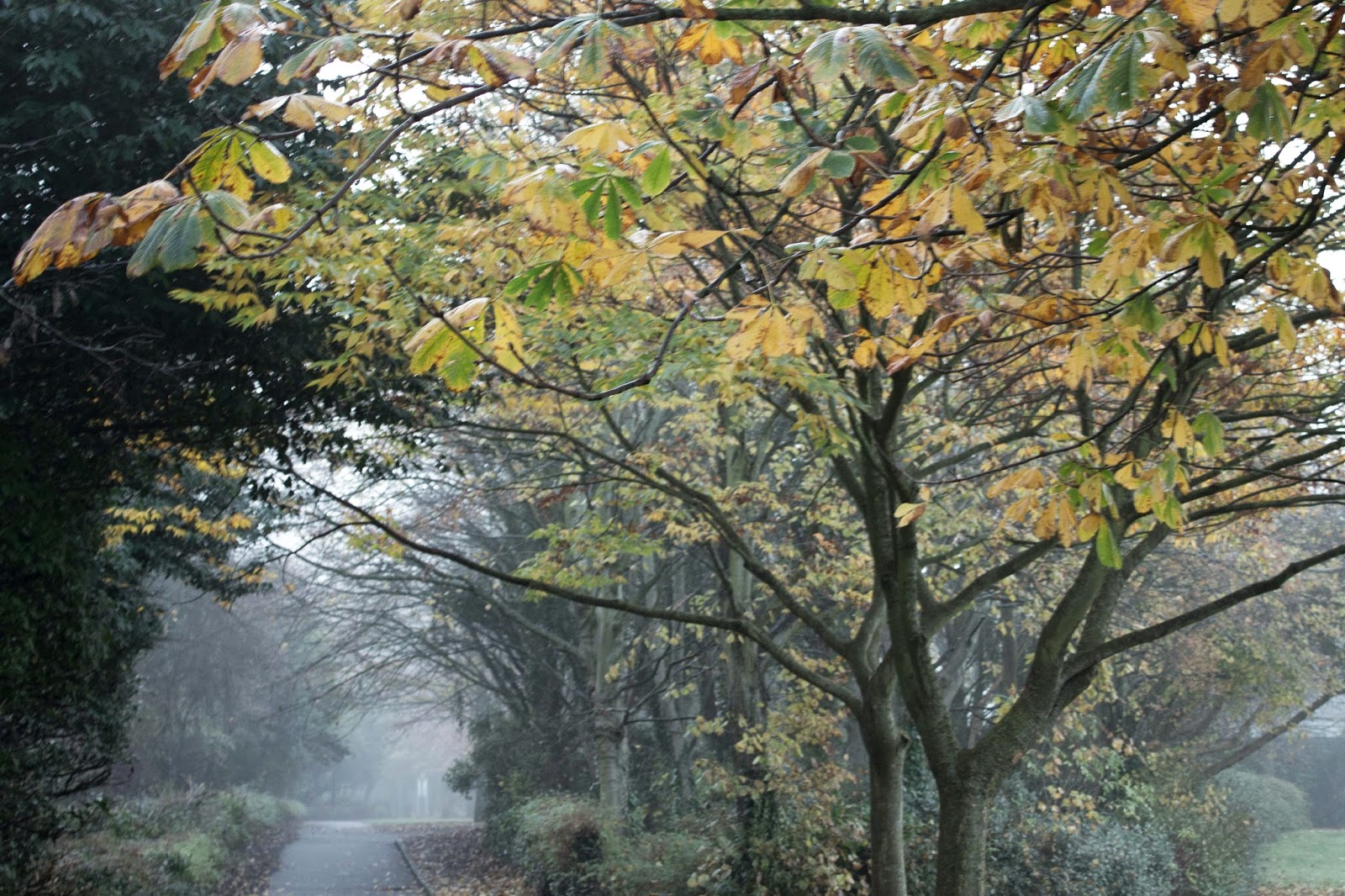During one of the many Deep and Meaningful conversations I've been having with a friend from college online during the procrastination sections of our assignments, I stumbled upon a realisation. Stumbled, and fell, mouth agape. I realised that my ability to write has improved over the years.
I feel as if this shouldn't have surprised me, like maybe I should have known that I was getting better as time went on. But no. Surprise. A bit of confusion. All the usual things that happen when I stop paying attention.
Here's what I think happened: I wrote so much stuff that was
bad, like the first three-four years' worth of blog posts here, that I reached my quota. At that point, my brain decided I had to start doing things right, like maybe writing any old garbage just wasn't going to cut it anymore.
Or, the following advice I can now impart upon you in the infinite wisdom that comes from systematic procrastination, I got better with practice. Here we go...
1. Write more. I think there's still something to that whole
writing enough bad stuff that there's none left idea. With enough practice, everyone begins to develop their own authorial voice. They figure out how they write, their idiosyncrasies, what they enjoy doing and how they can make the most of a bad situation when writing. (Exams became an easier experience as my writing ability developed - I knew how to write the way I enjoy writing, even when I didn't like what I had to write about.)
It's the standard advice given to every young write: write more, write often, and just keep writing, because you will get better. And it's true. If you don't believe me, look at the nonsense I wrote on this site back in 2009. Then, you will begin to understand the evolution of my writing.
2. Read broadly. Years of writing isn't enough. It never is. But it's one of a few necessary elements to developing your writing ability. Reading a lot also helps, and reading across genres and topics and authors is the best decision you can make when it comes to building upon your existing skills and vocabulary, which affect the way you write and think.
Just like you can't learn to make a movie by having seen a few and then picking up a camera, you can't write a book without having read a lot of other books, by a lot of other people. My advice is this: look for recommendations from people whose opinions you trust (or, look for a Staff Recommendations section in your local bookshop - independent bookshops are more likely to have them). Read across the board. Try some Contemporary Fiction, some Literary Fiction, some Classics, some Science Fiction, Crime Fiction, Fantasy, and yes, even try some Young Adult and Children's Fiction. Read a book on Business, on Personal Development, History, Biographies. Read newspapers, magazines, reviews, opinion pieces. Heck, even read those long Facebook status updates that are much easier to ignore.
Why? Because by exposing yourself to so many different types of writing, you force yourself to examine your own use of language.
3. Look for feedback. I know, the idea of sharing your writing with someone can be a terrifying experience. However, if you want to improve, you need to find out what other people have to say about your writing, and in a safe environment. Writing and critique groups are an essential part of many writers lives, where they can talk about their current works in progress, receive constructive criticism on the latest chapter they've written, and figure out whether or not an idea is working out.
Finding a writing group is easier today than it used to be. Facebook and Twitter are full of writers who write at different levels and across different genres. Even if sharing your material through email isn't to your fancy, you can still use social media to connect with writers you can then meet face to face.
(A note on meeting people online: public places are your best friend. Pick somewhere you know well, preferably somewhere with CCTV. It may seem paranoid, and things are definitely better now than they used to be - meeting people "from the Internet" is generally more acceptable than it once was - but there's no point taking unnecessary risks.)
4. Leave the house. I know, it's a counter-intuitive idea if you plan on writing using a computer (or a typewriter, if that's more your thing). But here's the thing: most writing is based in the real world. If you don't leave the house and see some of that world, you don't stand a chance at really capturing what it
feels like to walk through a park, or along a beach, or through a city in the middle of the night. You might just know how a school feels, or your workplace, or the usual haunts you visit with friends and family, time and time again.
I'm not suggesting a trip around the world - though, if you plan on writing a story set in a foreign city, it does help to spend some time there. I'm merely suggesting that rather than write in a house or apartment in a town (or near a town), you actually get out and see what it's like. Keep a notebook with you. Use your phone as a camera if you have to, to capture some images for reference later. Get to know the world in which you're writing.
Importantly, you can also get to know the Arts world around you. Visit museums, especially when there are short-term exhibits present. Look for events, like poetry readings, or storytelling nights. They do exist, if you look for them. Get involved with the community of artists that live around you.
5. Do your research. I've put this last for two reasons: if I'd put it first, it might have turned people off reading the rest of the article, and; "last but not least" tends to stick with people. So,
last but not least, you need to do your research. If you're writing a book in which a character has "a terminal disease" - an example I'm using because of its frequency in writing groups - "that isn't cancer", you need to figure out everything about that disease.
Whatever your specific subject of choice, knowing something about it beyond the standard Wikipedia entry is a must, particularly if your novel deals with one of a number of greater subject areas in Science, Business, Politics, History, Sports, or Religion. If your protagonist is a rugby-playing, devout Muslim, student, doing research in Theoretical Physics while helping his father run in the local elections, while his sister is running "a successful business" and his mother is undertaking a Doctorate in History, you really need to know a lot about each of those five specific fields. More generally, if your character is an expert, or proficient, in an area of which you have little to no knowledge, you need to educate yourself.
How do you research? That depends on what you're researching. Sports are maybe the easiest thing to research, if they're regularly televised. Watch it. Ask a friend who's interested in it about the rules. Pick up a book on tactics, look up the official governing bodies, read what they have to say. Business, you need to be selective in what you study. Think about how much you need to include in a story. If you need to know more about the legalities of running a business, focus on that area. If you need to know more about marketing, there's your focus. The same applies for everything you might need to research.
A good rule of thumb is to research more than you need, but not so much you never write anything. Read books. Read articles. Look for YouTube videos. There are dozens of channels out there that specialise in educating their audiences in a number of different areas, from literature to sexual health, the American Civil War to the psychology of mental illness. Mashable kindly listed ten of them here:
http://mashable.com/2013/04/04/youtube-education/
The reason research is important is that it gives your writing substance. It's not enough to try write a story with a modicum of information and a good idea. While the good idea is essential, good writing should immerse a reader into the story.
Plus, all of that extra reading nicely fits in with Tip #2. You're welcome.
***
Improving your writing skills is relatively easy. There's a lot you learn without a mentor or a teacher to tell you how to do it correctly. For the most part, I'm a self-educated writer. Yes, I turned to books on writing to pick up some advice, but I didn't have a
teacher. I couldn't ask those writers questions. This isn't to put down participation in writing courses and workshops. I've taken part in a couple myself. They're incredibly useful and powerful experiences. But they're not the most important part of your learning experience.
By writing as much as you can, and reading as widely as you can force yourself, you're already ahead of the competition. Feedback will help you hone your skills, research help you focus on the finer details you wish you include in your book, and real life experience - both of activities and places - will help make your writing feel more authentic. You can begin now, easily and cheaply - even, it could be argued, freely, depending on where you live.
What's your best advice for people looking to improve their writing? And, for those who want extra help, what do you
really want to know?






